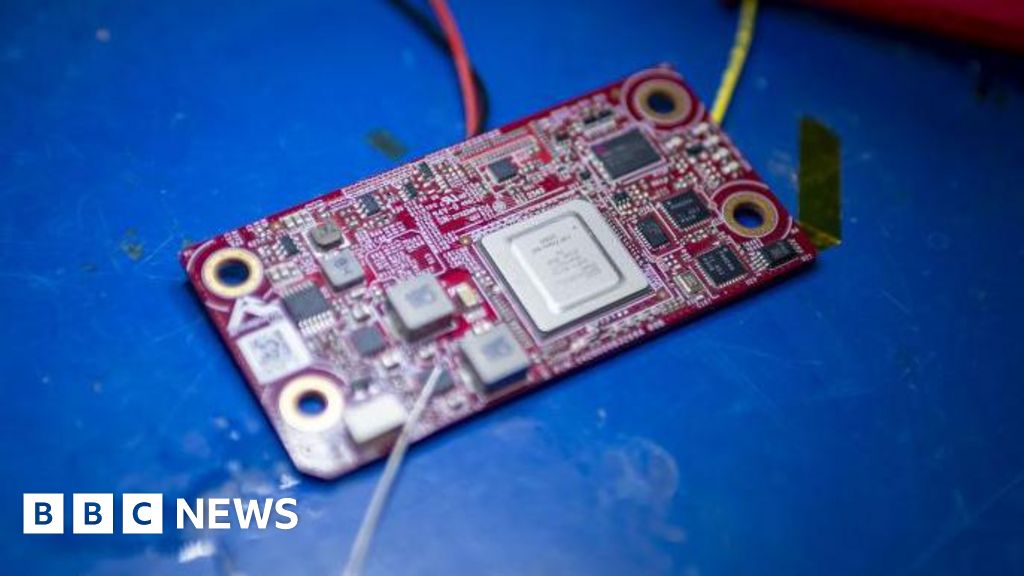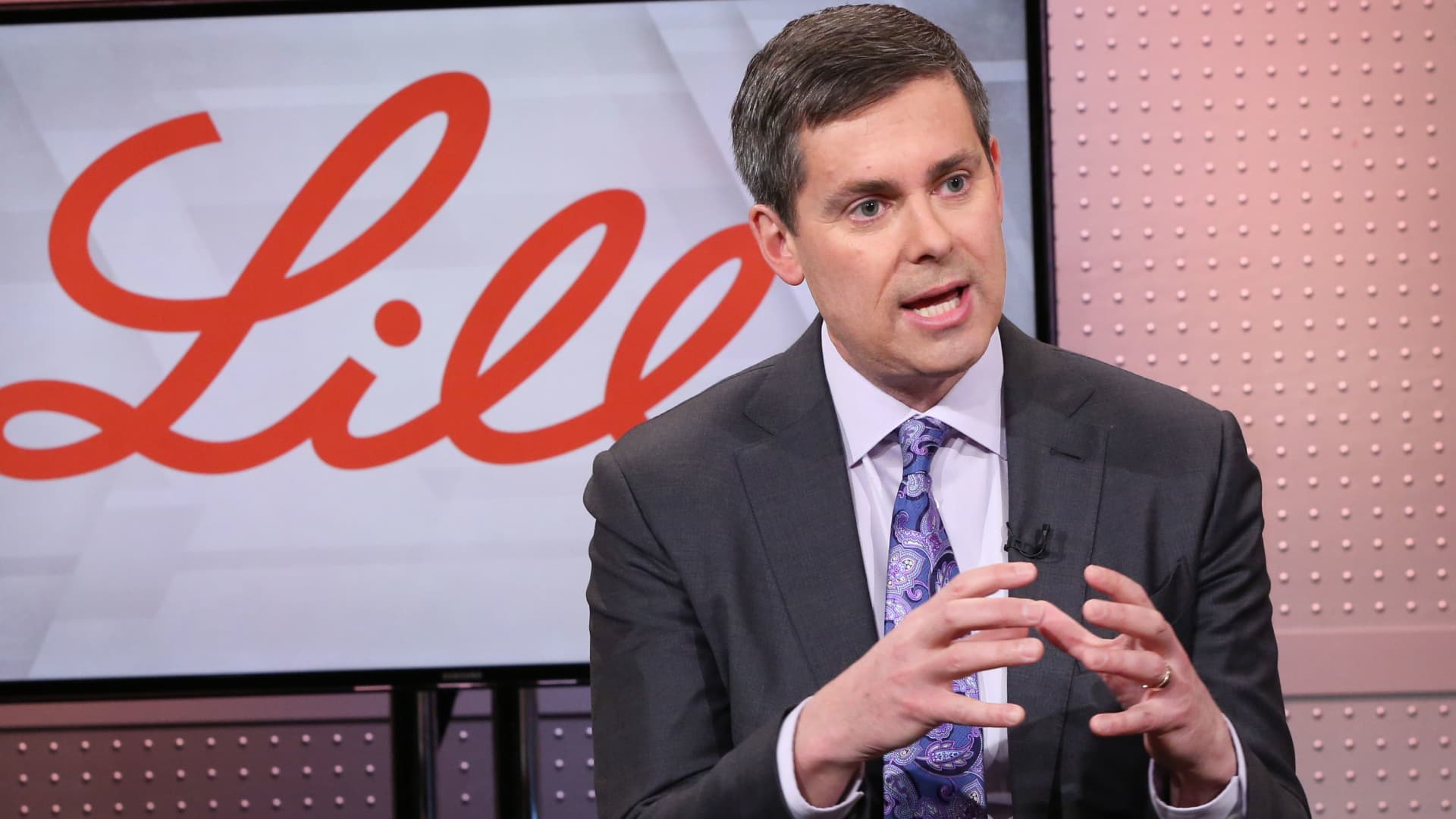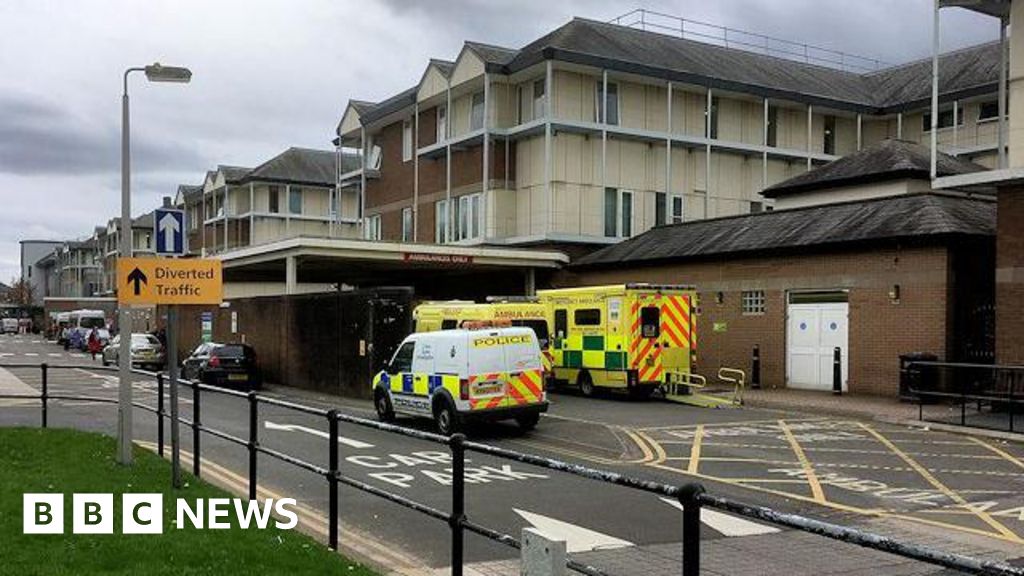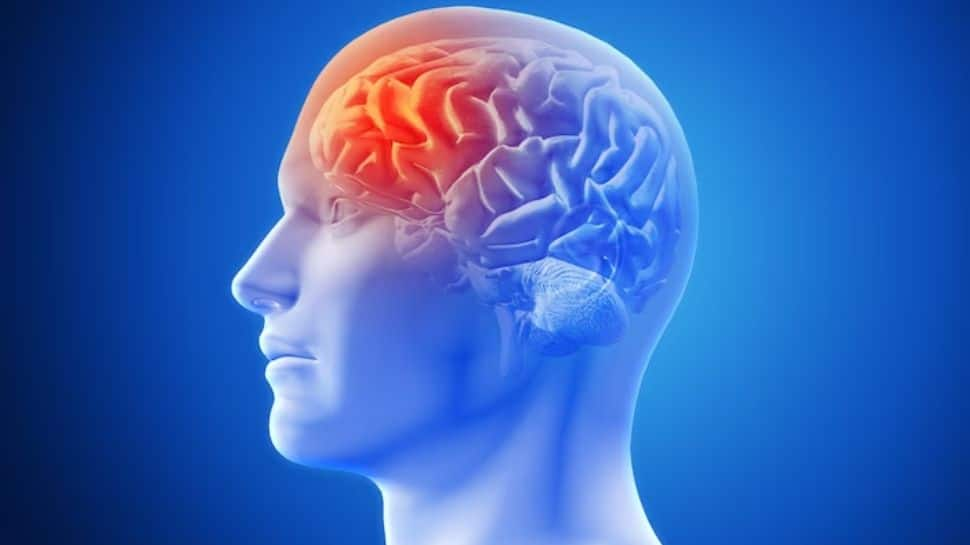A stroke or brain attack is a condition in which the brain cells suddenly die leading to a sudden focal neurological deficit in the form of weakness of the arm or leg, facial deviation, speech problem, giddiness with vomiting, or unconsciousness because of a lack of oxygen due to blockage of blood flow in a certain area of the brain or the rupture of an artery that feeds the brain, says Dr Puneet Agarwal, principal director, Neurology, Max Superspeciality Hospital, Saket.
Symptoms Of Stroke
Within a few minutes of having a stroke, brain cells begin to die manifesting as focal neurological deficits, says Dr Puneet Agarwal. It is important to recognise symptoms early, as prompt treatment is crucial for recovery. Dr Agarwal lists common symptoms which include:
· Weakness or numbness, usually on one side of the body
· Facial asymmetry on smiling
· Speech problems
· Loss of balance and coordination
· Visual disturbances – blurring, field defect or double vision
· Severe headache, dizziness, or loss of consciousness
Smaller strokes (or silent strokes), however, may not cause any symptoms, but can still damage brain tissue, says Dr Agarwal. The World Health Organization (WHO) is using the following simplified pneumonic to diagnose stroke (brain attack).
FAST:
· F – Facial Weakness
· A – Arm or Leg weakness
· S – Speech problem
· T – Time (act fast to save your brain therefore it is called
Difference Between Stroke And Transient Ischemic Attack
It’s a warning entity of stroke due to temporary interruption in blood flow to part of the brain. Symptoms of TIA are like stroke but last for a shorter period usually less than one hour and do not leave noticeable permanent damage. In TIA, a brain MRI with a diffusion sequence will be normal, unlike a stroke in which a brain MRI will show clots in the brain, Dr Agarwal points out.
Why It’s Important To Rush To Hospital
Dr Agarwal says that every passing minute after a stroke causes the death of neurons in the brain and it’s important to remember, that “time is the brain”. “If a patient reaches the hospital within six hours of the onset of symptoms, then an injection named TPA (recombinant tissue plasminogen activator) can be given intravenous or intraarterial catheter at the site of blockage to dissolve the clot. It has been seen that patients who receive TPA show greater recovery over the next 3 months’ time than those who have not received it. There is a small risk of haemorrhage (around 3-6 per cent) with this treatment. As time passes. the risk of bleeding increases and the benefit of TPA decreases, that is why it is not recommended beyond 6 hours. That is why it is very important to recognise symptoms early and reach the hospital as soon as possible,” the doctor adds.
Also Read: Birth Defects: Can Eating Papaya Lead To Miscarriage? Check Facts vs Myths
How Can Stroke Be Prevented?
A healthy diet, regular exercise, and regular medical checkups (especially after 40 years of age) for early detection and treatment of stroke risk factors are pillars of stroke prevention. Much of stroke prevention is based on living a healthy lifestyle. This includes:
· Healthy diet – low fat, high fibre diet
· Exercising regularly – Moderate aerobic fitness can reduce stroke risk
· Avoid smoking and heavy drinking
· Regular medical check-ups – blood pressure, FBS, lipid profile, ECG, echocardiography
· Treating diabetes, hypertension, and dyslipidemia properly
· Taking preventive medications such as anti-platelet and anticoagulants as per advice















































